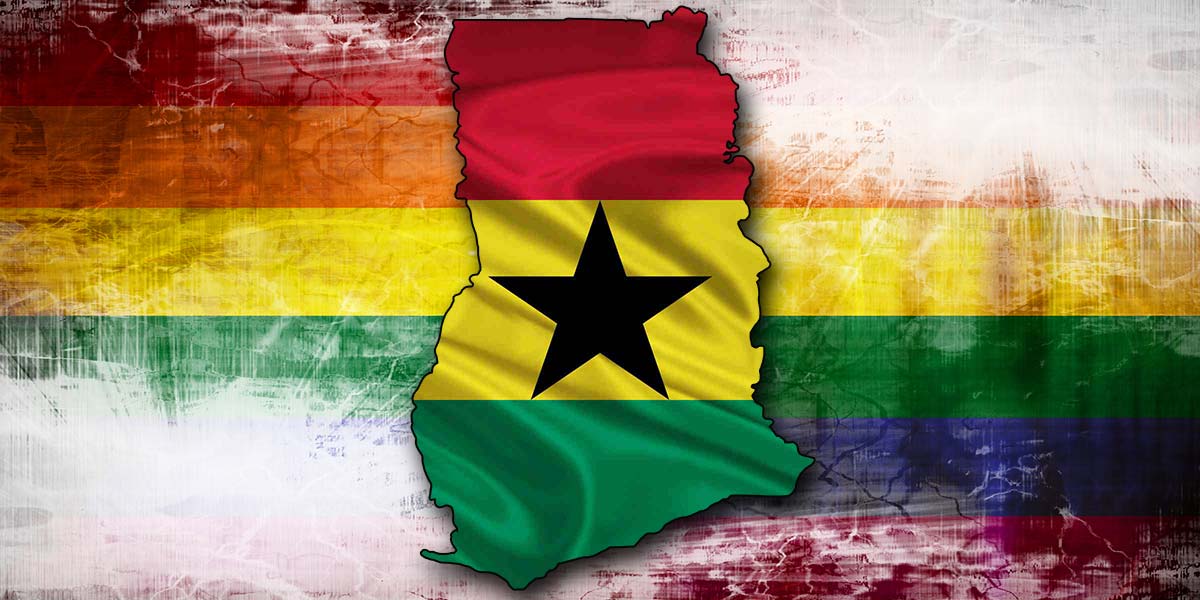Ghana: Supreme Court Delays Decision on Anti-LGBTQ+ Bill

The Supreme Court of Ghana has postponed its ruling on two applications challenging the country’s oppressive Anti-LGBTQ+ Bill.
The legislation was unanimously passed by the Ghanaian Parliament on 28 February, but President Nana Akufo-Addo has yet to sign it into law, pending the outcome of the court challenges.
The petitioners, media personality Richard Sky and University of Cape Coast researcher Dr Amanda Odoi, presented their cases before a five-member panel of judges in May.
Instead of issuing an expected preliminary ruling on Wednesday (17 July), the court instead announced that a decision on the two petitions has been deferred indefinitely, with no date set for further deliberations.
This development means that President Akufo-Addo is unlikely to be put in the difficult position of having to decide whether or not to sign the controversial bill before the country’s presidential elections in December.
In his petition, Sky argues that the Anti-LGBTQ+ Bill is unconstitutional, violates fundamental human rights and freedoms, and should be declared null and void.
Odoi’s case asserts that private members’ bills cannot impose costs on public funds, which the bill does. She has applied for a restraining order preventing the bill from being sent by Parliament to the president for his assent.
If signed into law, the Anti-LGBTQ+ Bill will impose prison sentences of up to three years for engaging in same-sex intimacy, providing or undergoing gender affirmation surgery, or simply identifying as lesbian, gay, transgender, transsexual, queer, pansexual, non-binary, or as an ally.
Anyone found guilty of promoting and advocating LGBTQ+ activities in any medium faces up to 10 years in prison, while landlords can be jailed for up to six years if they rent their premises to an LGBTQ+ person.
Activists have called on the World Bank and the International Monetary Fund to review their funding of Ghana should the Anti-LGBTQ+ Bill become law.
Ghana’s own Ministry of Finance has warned that the country stands to lose $3.8 billion in World Bank financing as well as a $3 billion International Monetary Fund loan package over the draconian legislation.
Leave a Reply